Indigenous Ministry
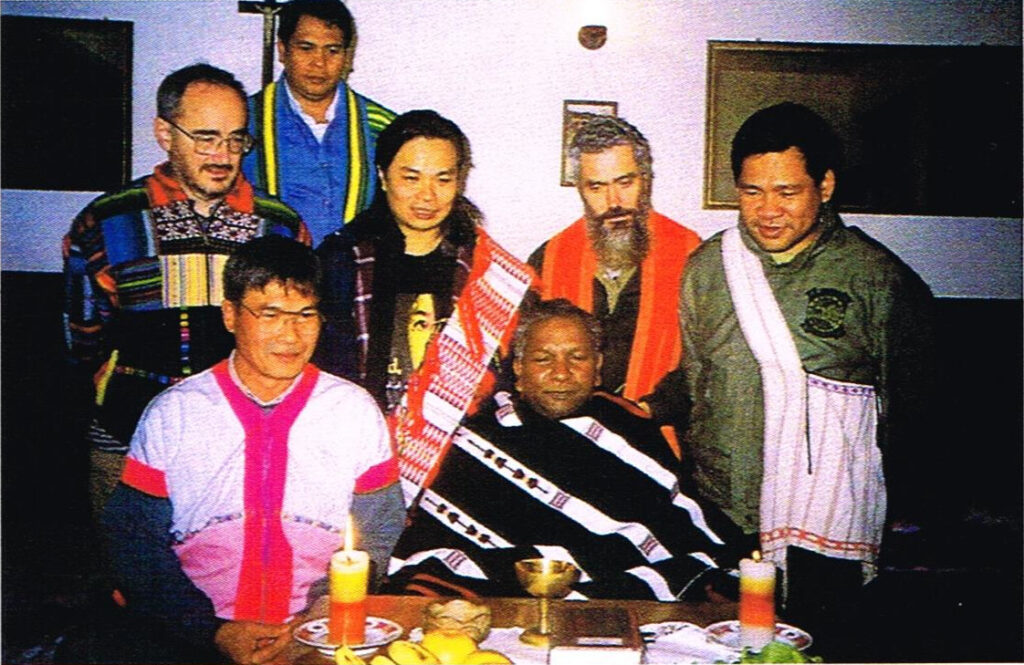
Jesuit Companions in Indigenous Ministry marks 20th year with release of new book
The Jesuit Companions in Indigenous Ministry (JCIM) celebrates 20 years with a selection of articles that highlight the experiences and learning of the ministry these...read more
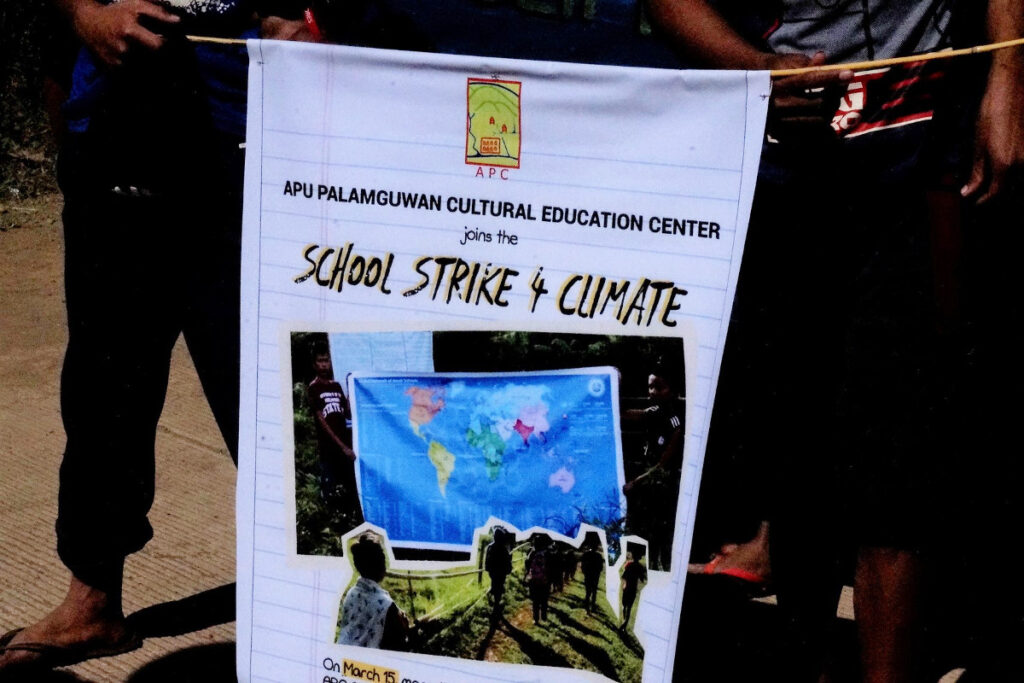
Indigenous youth march for climate
On March 15, over a hundred learners from the Apu Palamguwan Cultural Education Center (APC), a Jesuit institute that seeks to provide an integrated and...read more
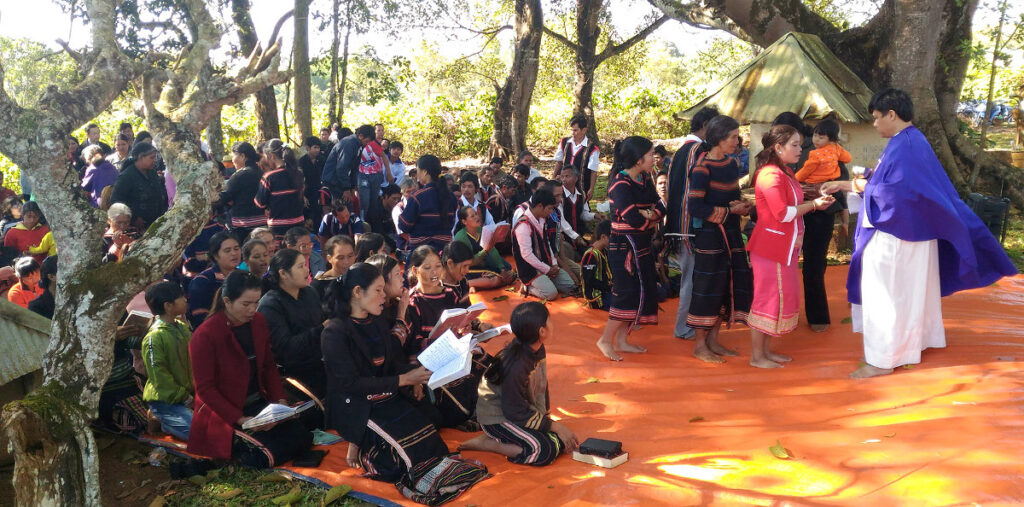
For the genuine development of the indigenous people of Vietnam
Pleiku is a region of Vietnam that tourists never visit, a mountainous territory in the centre of the country home to an indigenous population made...read more
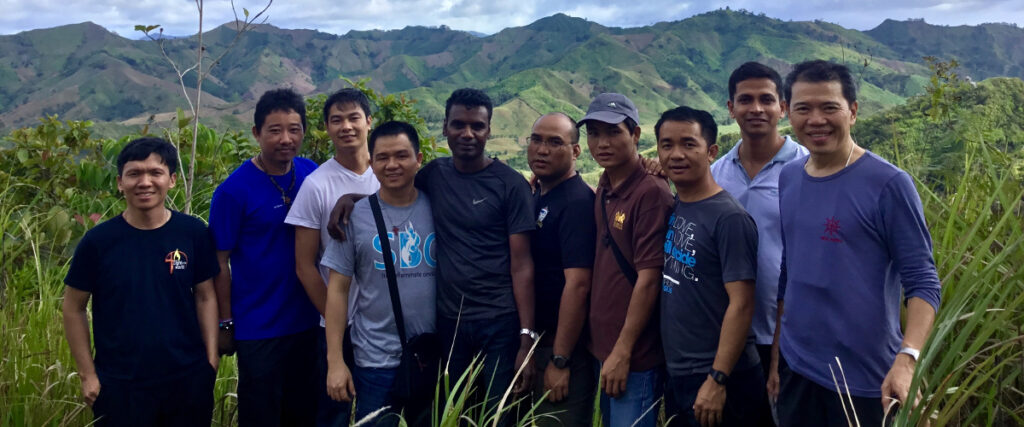
Refreshed by the forests of Bendum
While on school break in January, a group of us from Arrupe International Residence travelled to Bendum in Mindanao for a workshop on reconciliation with...read more
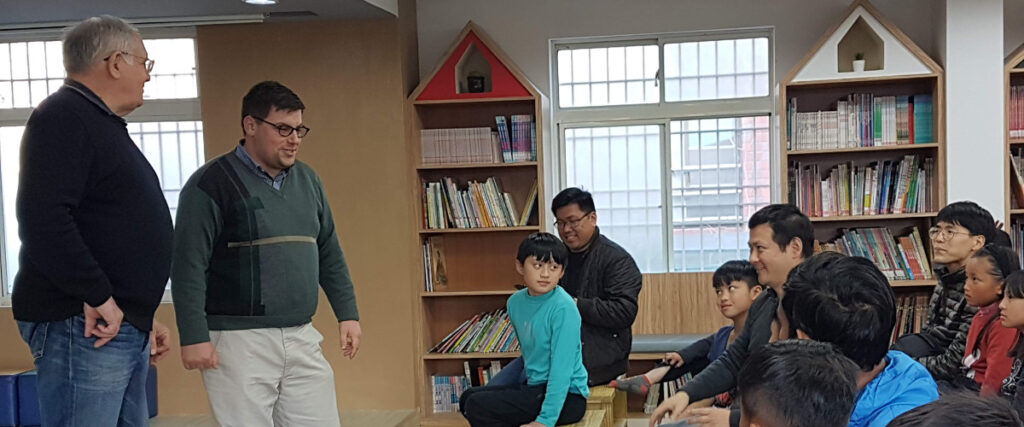
A time of being with and for others
Two experiences had a profound impact on me during my time at the Scholastics and Brothers Circle in Taiwan last December. The first was the...read more
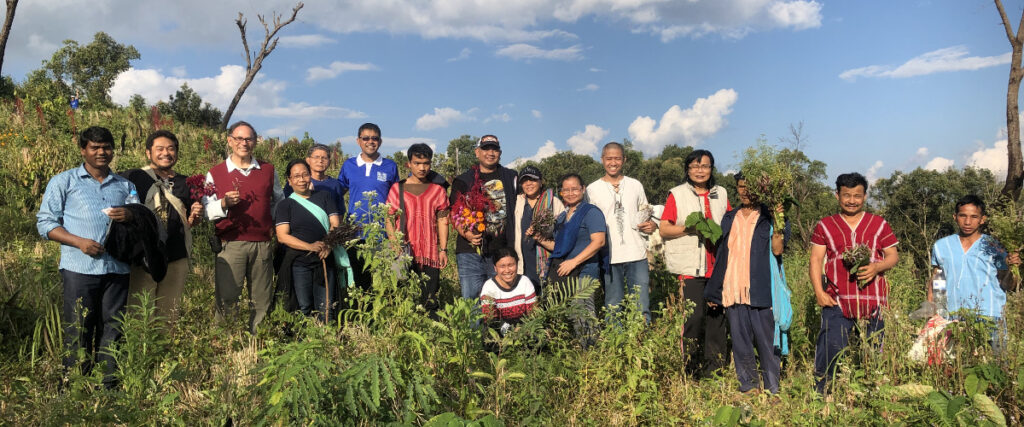
Learning from the Karen tribe
The gathering of the Jesuit Companions in Indigenous Ministry (JCIM) in Chiang Mai, Thailand from November 30 to December 5 enabled us who are working...read more
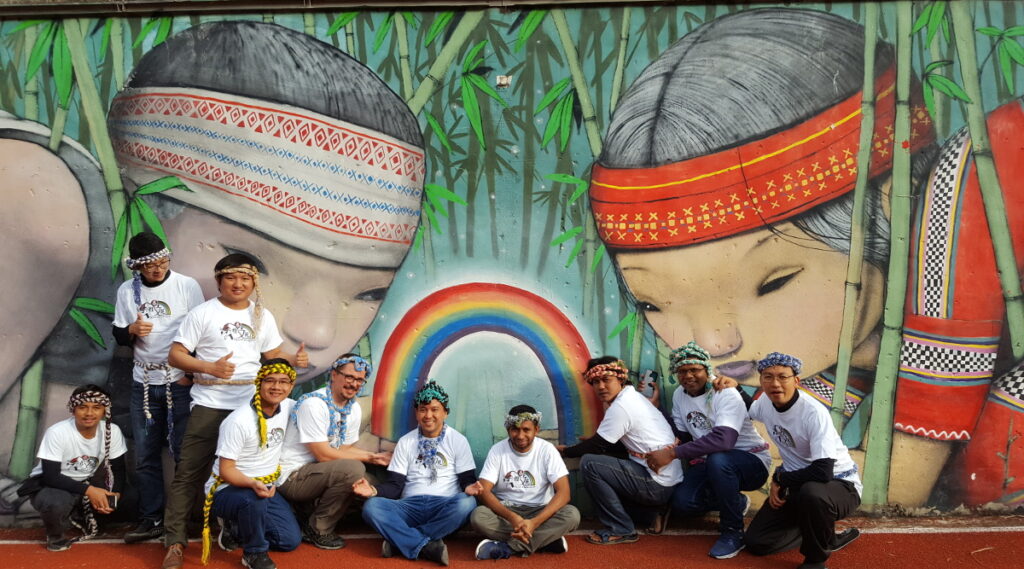
God incarnate in the richness of cultures and lives
If I had to summarise with a single word what I had just experienced in the Scholastics and Brothers Circle workshop in Taiwan from December...read more
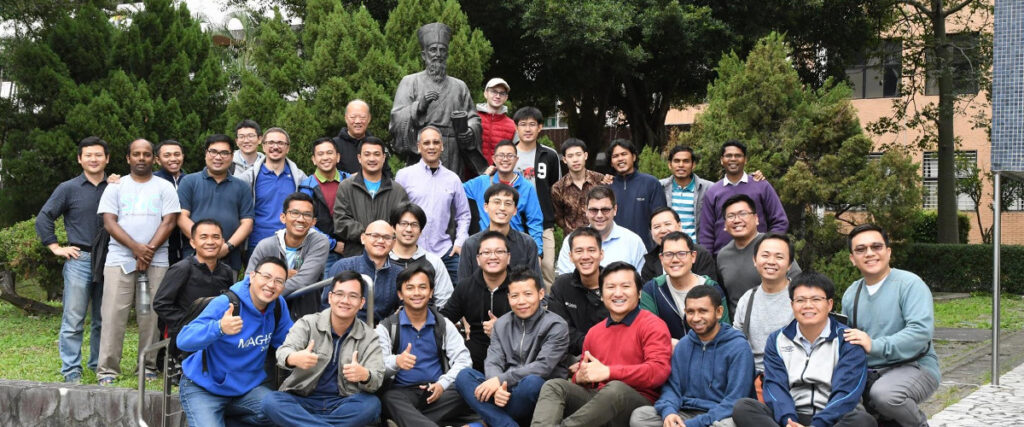
Engaging with Taiwan Aborigines and the Chinese Jesuit mission
Community-building, immersion, daily Masses, city tour, academic lectures, periods of reflection, food expeditions, museum visits, efficient train rides, Christmas festivities and lasting friendships – these...read more
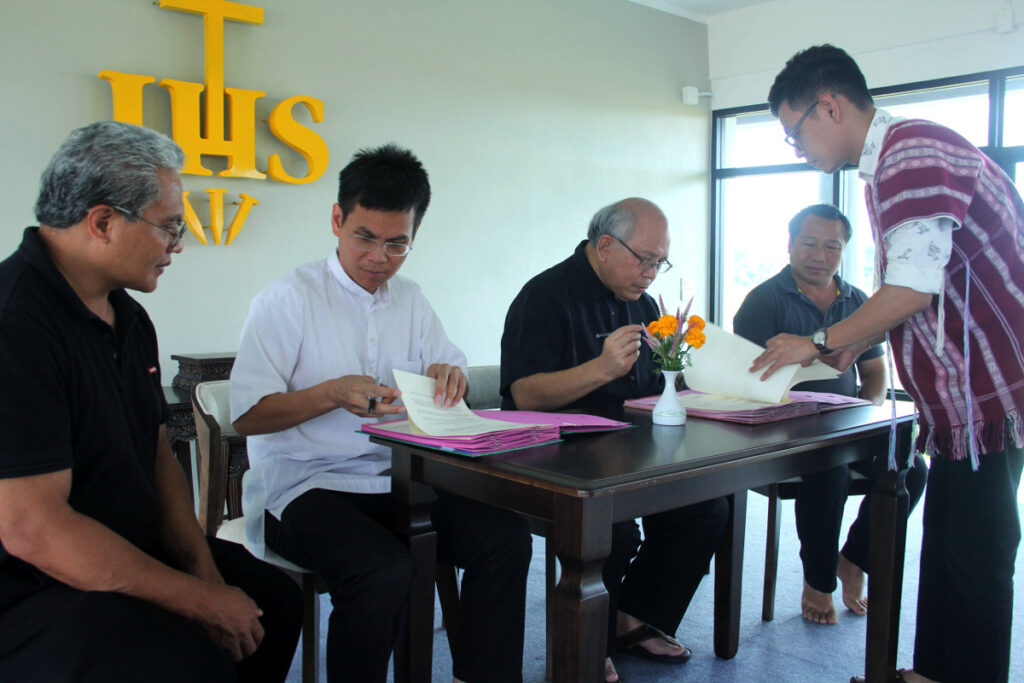
Xavier Learning Community moves closer to becoming a college with Ateneo de Davao partnership
Xavier Learning Community (XLC), an education project of the Jesuit Foundation for Education in Thailand, and Ateneo de Davao University (AdDU) in the Philippines have...read more
